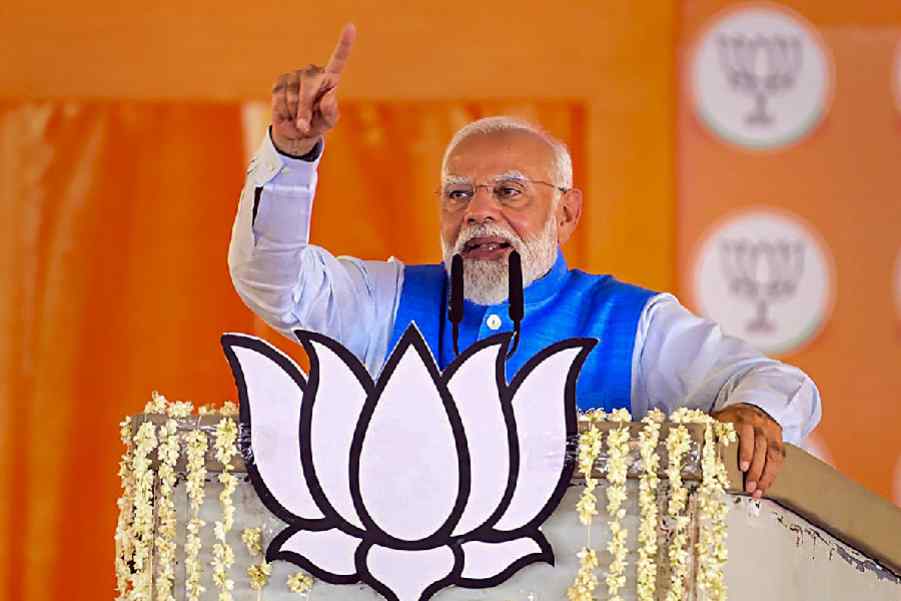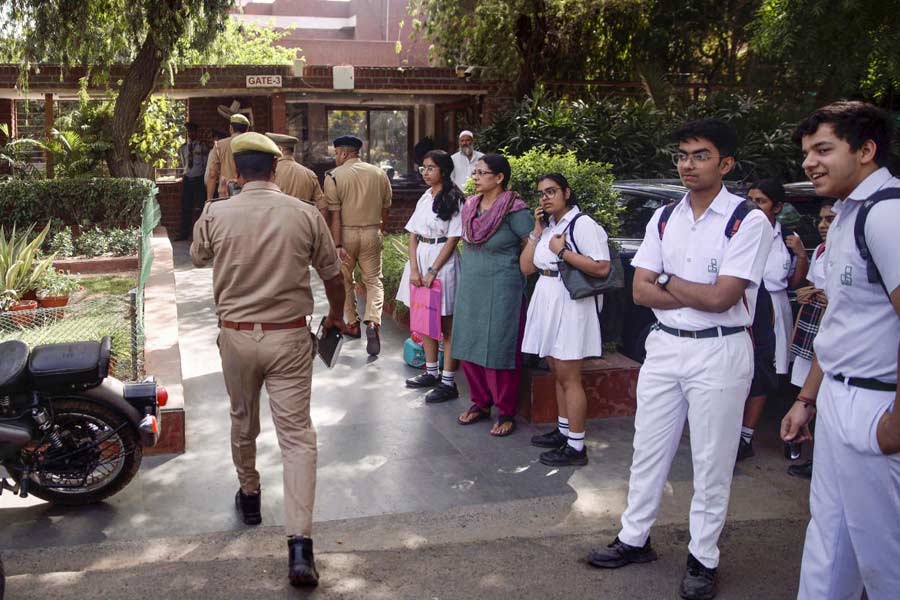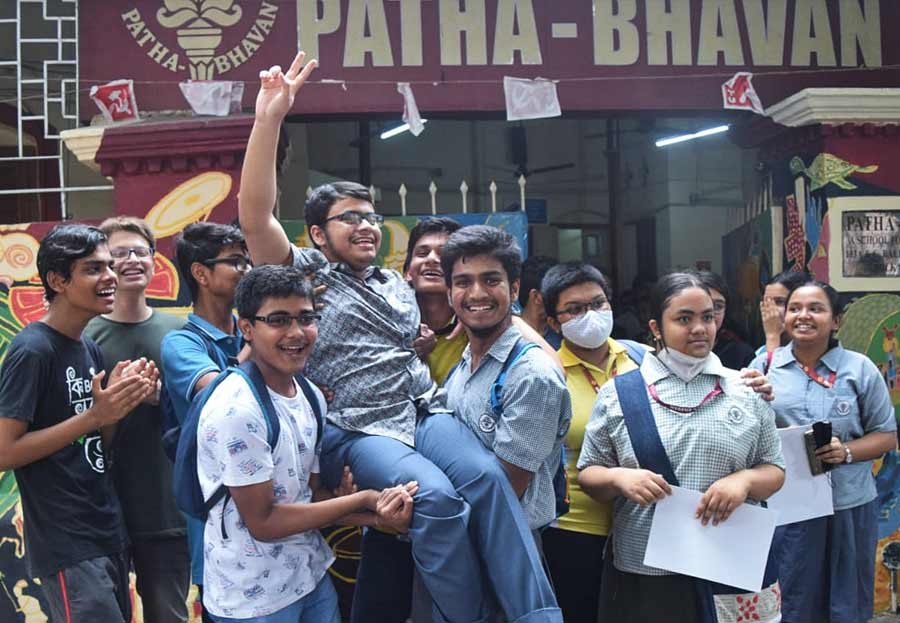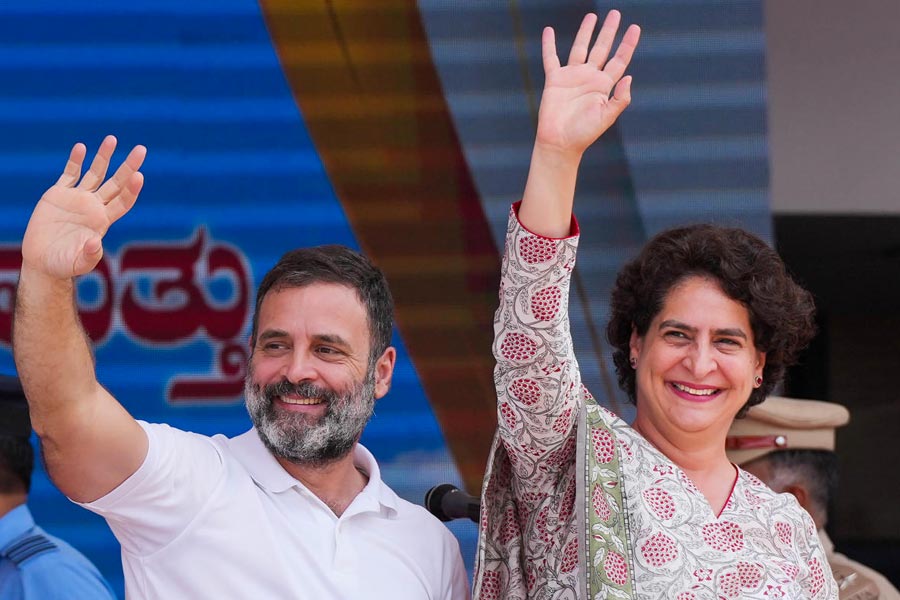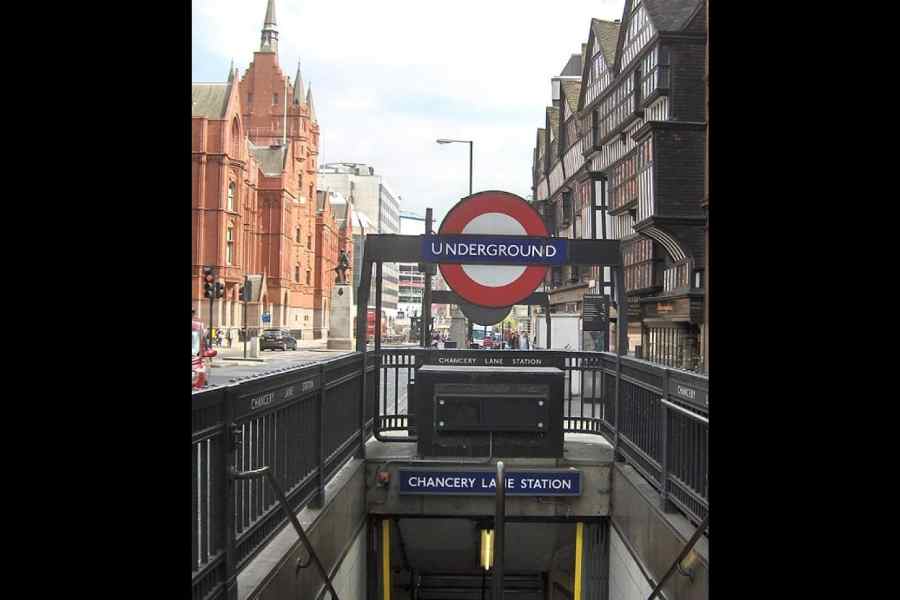|
|
| George Fernandes at Esplanade East, Calcutta, 1987 |
A puny news item, tucked in an inside page, concerning the outcome of the Lok Sabha poll in a particular Bihar constituency, releases a floodgate of memories.
The early 1950s — India had become independent barely half a dozen years ago. Jawaharlal Nehru as the nation’s prime minister was determined to prove himself both a liberal and a socialist. The size of the industrial and commercial sector was still modest; collective bargaining was nonetheless taken as a serious proposition. Tripartite negotiations and wage boards were already in vogue. Trade union leaders were therefore treated with deference. In Bombay’s waterfront, one trade union leader, with an unusual first name, ruled the roost. Placid D’Mello, originally from Mangalore, had spent years organizing dock workers around Bombay’s Ballard Pier. The waterfront and the underworld have a symbiotic relation; one needed to be the toughest of the tough to survive in that neighbourhood. D’Mello not only did; he emerged as supremo. The bureaucrats who ran the Bombay Port Trust were in awe of him. Not they, not the run-of-the-mill politicians, he was the boss around the Gateway of India.
At about this time, a brash young man — he too hailing from South Canara — arrived in Bombay in search of a future. He did not do very well in the examinations. Still, he was a voracious reader and had gulped down gallons of socialist literature. His natural gift of the gab apart, he had an astounding flair for picking up languages. Within a year of his arrival in Bombay, he was heard haranguing assorted crowds, consisting mostly of the working class, in Kannada, Tulu, Konkani, Marathi, Hindustani, Gujarati and English. The young man, George Fernandes, was gathered in by Placid D’Mello, who taught him the rudiments of trade union grammar. George was a fast learner. D’Mello died within a couple of years. By then George had not only taken charge of Bombay’s dockside, he was also eyeing other areas where his skills as an eyeball-to-eyeball negotiator could be expected to fetch dividends. The message spread across the metropolitan city: here was a whiz-kid who was going to usher in a paradise of bargaining benefits to the workers. George soon gained control of the cab drivers’ union. The BEST union, which held sway over both city transport and power supply employees, came very soon within his grasp. He had, at the same time, sidled into the All India Railwaymen’s Federation. By the early 1960s George Fernandes was king-emperor of the city state of Bombay. He could wave a magic wand and the entire city would come to a halt. He would once more wave the wand, life would resume pulsating. The organized workers in Bombay, never mind whether hailing from Bihar or Andhra Pradesh or Punjab or Rajasthan or Kerala, would talk of him in terms of idolatry; George was their saviour, George could do no wrong.
It was almost inevitable that he would soon find trade union leadership too constricted a role. A distant admirer of Ram Manohar Lohia, George Fernandes was persuaded by his friends to take the plunge. S.K. Patil was at that point not just the Congress overlord in Bombay, he was also a key member of the syndicate which ran the party’s affairs in New Delhi in the immediate post-Nehru years. George chose to take on Patil right on the latter’s homeground. His campaign in the 1967 Lok Sabha poll took Bombay by storm. Sada Patil was annihilated.
What followed was a bit of an anticlimax. An expectation had got built that with George, a supposedly full-blooded Lohiaite, in the Lok Sabha, it would be fireworks every day. Nothing of the sort: George was unusually subdued. Perhaps his mind was not focused on parliamentary work, the fast pace at which he was losing his base in Bombay because of the rise of the Shiv Sena might have also disturbed him. Bal Thackeray and his cohorts made much of the fact that George was not a Mumbaikar. Other rumours were afloat too.
The interregnum of Indira Gandhi’s garibi hatao years and the Bangladesh expedition saw George Fernandes sit it out. The halo of the empress however paled rapidly, George had a resurrection in the great railway strike of 1974. Conceivably because of his Catholic upbringing, he had a natural distrust for the communists, who heartily reciprocated the sentiment. Even so, George was able to reach an understanding with the radical Left which contributed in no small measure, to the scale and range of the rail strike while it lasted. Indira Gandhi, always contemptuous of Lohia and his clan, exhibited great ferocity to break the strike. No matter, George was once more an instant hero. The Emergency, which soon followed, provided an opportunity to him for some further daredevilry. Railway lines were uprooted and bombs exploded here and there, George was charged of waging war against the State. Prosecutions were launched against him in a number of places across the courts.
Indira Gandhi was forced to lift the Emergency and call elections. She and her party were swept aside. This time George Fernandes contested from Muzaffarpur in Bihar and won by a thumping majority of close to 400,000 votes. The government was formed by that ramshackle coalition of disparate interests, the Janata Party. It had a bumpy ride during its brief spell. George was minister for industrial development. The ministerial tenure was much too short for an objective assessment. But gossip refused to take a holiday; he was, some suggested, too much of a trade unionist and therefore failed to establish a proper rapport with private industry. That did not, however, explain why even the public sector could not expand according to expectations. More worrying was the rumour swirling with increasing intensity: here was a man who was his own worst enemy, he was organically unstable, there was a fatal flaw somewhere inside.
The subsequent story is no less depressing. There was that episode during the 1979 July crisis: George issued a thundering statement appealing for unity within the ranks of the Janata Party and promising unstinted support to Morarji Desai’s leadership; it took him exactly 24 hours to switch sides.
The Janata regime collapsed, Indira Gandhi was back in power, George Fernandes returned to the wilderness. The socialist formation he belonged to split and split and split, until it was the 1990s. The faction he led, the Janata Dal (United), found itself a coalition partner in the government formed at the Centre by the Bharatiya Janata Party. George was once more a cabinet minister, this time in charge of defence. Defence contracts are always a source of controversy. The air was thick with tales of unsavoury deals, George’s reputation did not remain unsullied. An aura of unfulfilled promises was never to leave him: a sharp intellect and a brilliant mind, the hero of many battles, a man with a huge reservoir of leadership qualities, yet something was lacking. Even close friends, it was alleged, could not quite trust him.
The National Democratic Alliance failed to win the poll in 2004, George was left stranded. He was now approaching eighty, his gait only a caricature of the sharp young trade unionist of the olden days. Factionalism is a way of life with the Lohia socialists; it is also a way of life in Bihar politics. His health was rapidly deteriorating. What was of greater relevance, the Janata Dal (United) was no longer the party with George at its helm; it had been taken away from him by Bihar’s current chief minister.
George was denied a ticket by his party for this year’s Lok Sabha elections. The old fire flickered for a moment; he would not take the insult lying down. He did contest and lost his deposit. That was what the small news item was about. The constituency which spat him out was Muzaffarpur, yes, the same Muzaffarpur which returned him, 32 years ago, with a mind-boggling majority; the self-induced fate of man. Would Placid D’Mello be, as they say, turning in his grave, aghast at what his closest acolyte, George Fernandes, has done unto himself?



